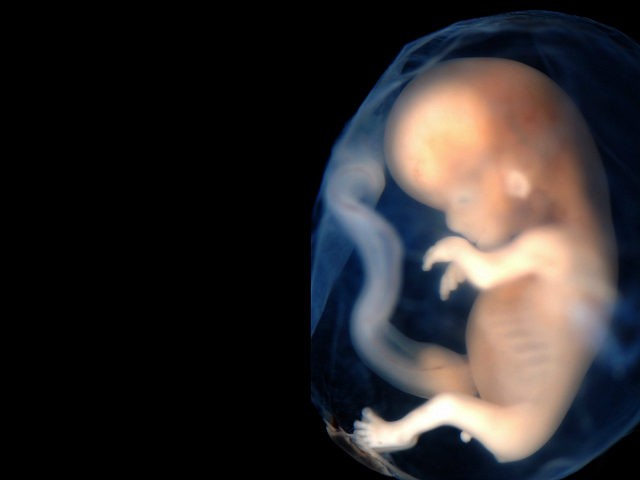A study finds an unborn baby’s first heartbeat occurs as early as 16 days after conception.
A research team funded by the British Heart Foundation (BHF) at the University of Oxford says a baby’s first heartbeat is now far earlier than was previously understood, reports the Daily Mail.
“We are trying to better understand how the heart develops, and ultimately what causes the heart defects that develop in the womb before birth and to extrapolate to adult heart repair,” said BHF professor and lead researcher Paul Riley. “By finding out how the heart first starts to beat and how problems can arise in heart development, we are one step closer to being able to prevent heart conditions from arising during pregnancy.”
Riley added the new research could help in understanding how to repair damaged heart muscle following a heart attack.
The researchers demonstrated the earlier heart beating in the hearts of mouse embryos and extrapolated the results to human hearts. In mice, the cardiac crescent — which occurs early in heart development — forms 7.5 days after conception, the equivalent to 16 days for the human embryo. Researchers previously believed the heart began to beat a stage later.
The study may ultimately help scientists understand more about the formation of the heart in utero and how to prevent heart conditions that may arise as the unborn baby develops.
“This study describes some of the very first stages in the development of a beating heart, identifies some of the key molecules involved and shows that the initiation of the beat itself has a bearing on the further development of the heart,” said Sir Nilesh Samani, medical director at the BHF. “Such fundamental research is vital in understanding and ultimately preventing diseases that affect the heart.”

COMMENTS
Please let us know if you're having issues with commenting.